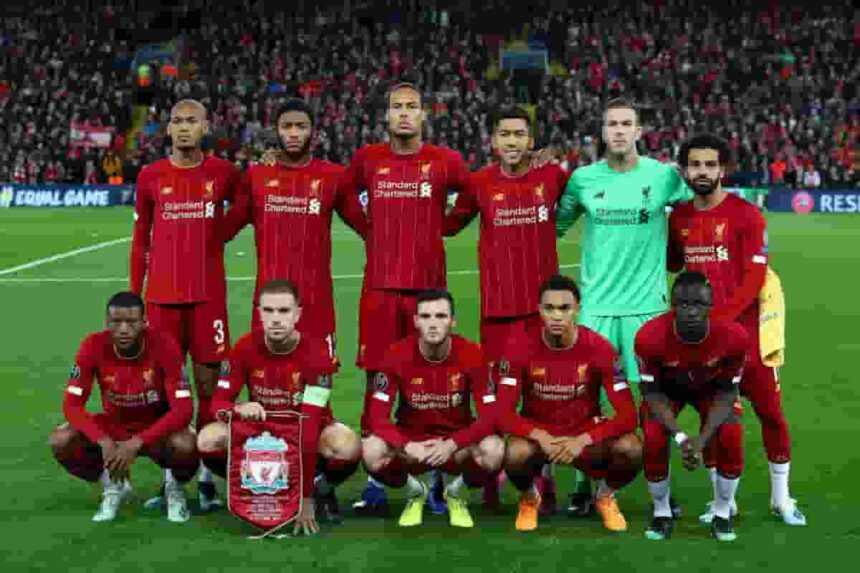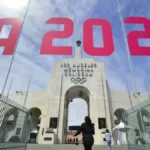Last Sunday, Manchester City solidified their hold on the Premier League, but they are still looking for acceptance and love. Due to the abundance of resources at his disposal, Pep Guardiola finds himself in an unusual situation where winning the league is expected and losing it results in accusations of being a blatant fake.
It has proven to be a Herculean undertaking for Guardiola to remove the asterisk from all that Man City has accomplished in the last several years. He has tried a number of ruses to alter the perception of the club, such as showering his players with praise, portraying the team as challengers to the established football hierarchy, and acting aggressive toward the media in order to foster a “us vs. them” mindset.
After they lost to Real Madrid in the Champions League semifinal, he increased the intensity of his messaging. The turning point occurred in his news conference following their victory against Newcastle United in early May when he disparaged Liverpool’s history of winning the Premier League and asserted that the entire nation backed the Reds.
The quest by City for a fourth championship in five years was a side narrative. The same was true outside the press box as well; aside from Manchester and Merseyside, the nation appeared to be supporting Liverpool. Liverpool evokes something more passionate in the neutral than City does. And despite what Pep thinks, it’s not just because of the Reds’ illustrious past.
Football and deranged hedonism are currently heading toward each other. Super leagues, nation-states, consortiums, and sports washing have all entered the lexicon of the sport. It has become necessary to have a basic awareness of international politics and financial activities in order to cover it.
Inadvertently, Liverpool’s success receives a near-nobility from this environment. They have built their victories on the foundations of passion, togetherness, character, and hard work—trivial cliches that are now only ammunition for Twitter trolls. A game that had quickly gotten off track received some much-needed spirit from Jürgen Klopp and his group. Ironically, Liverpool is the model of what a contemporary football club ought to be.
Despite the emotional energy that the team has channeled, Liverpool is managed in a meticulously scientific manner. Data is fundamental to everything the team does, from transfer targets to strategies to training regimens. The clearest example of this fact can be found in their collaboration with the German neuroscience firm Neuro11.



























